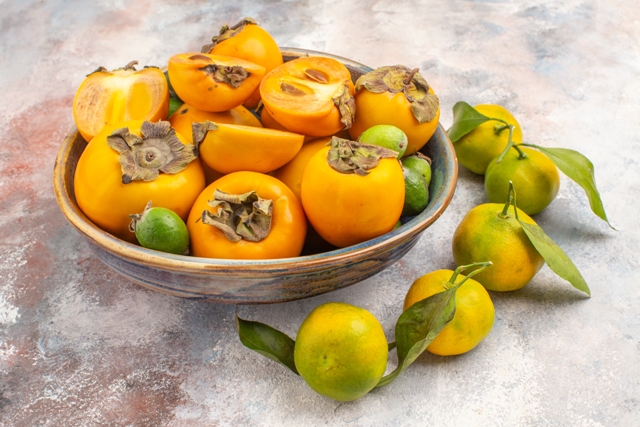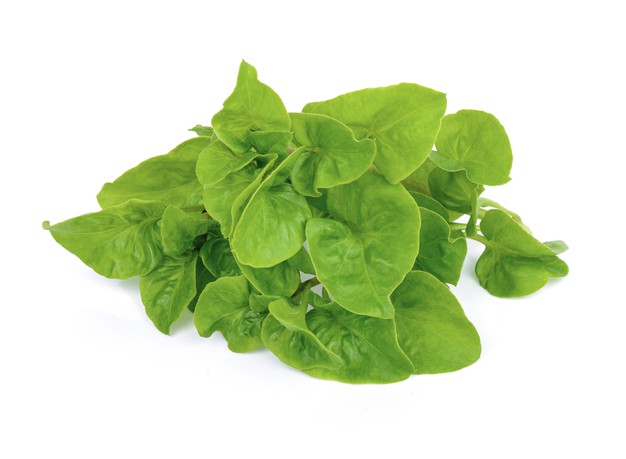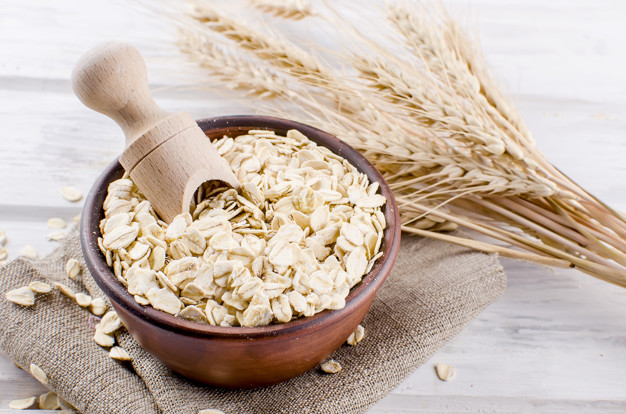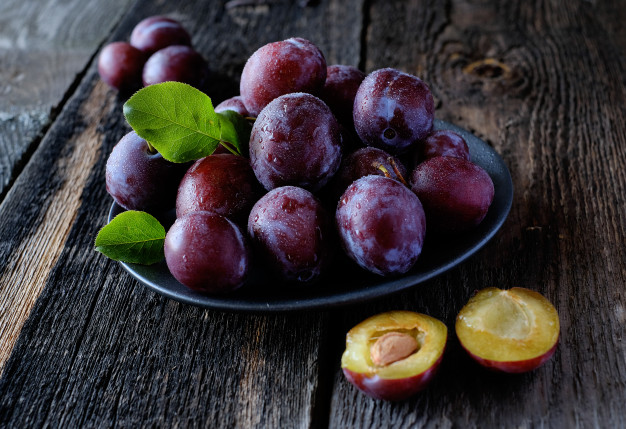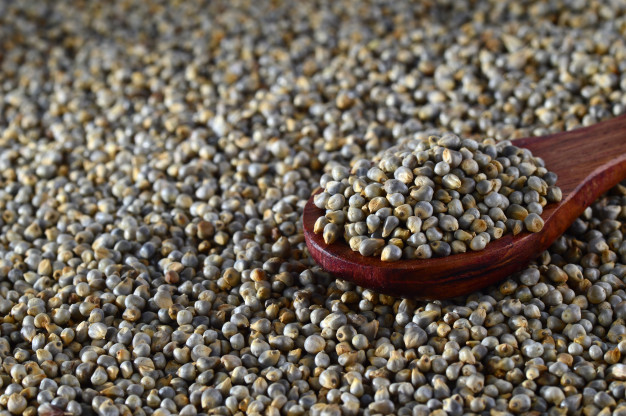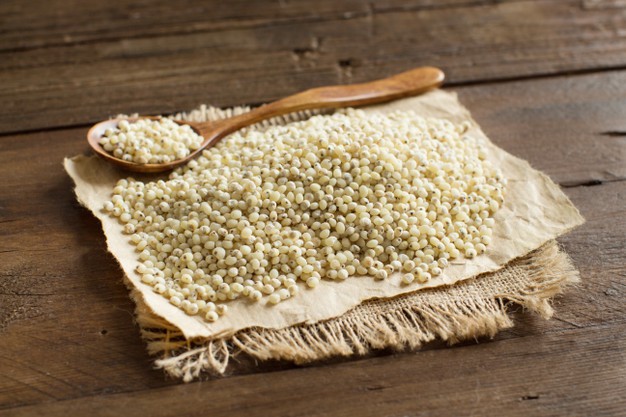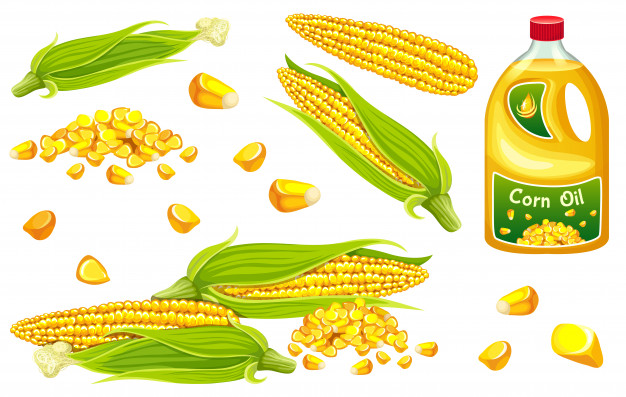Persimmon is a nutritious, tasty, bright orange coloured fruit belongs to Ebenaceae family. There are various types of persimmon found in nature among which Japanese persimmon is recognized as the most cultivated type. It is packed with several imperative nutrients and biologically active components that help to decrease the risk of developing degenerative diseases.
Nutritional profile
- It contains desirable amount of carbohydrates
- It also contains adequate amount of fibre
- It contains lesser amount of proteins and generally composed of several imperative amino acids like glycine, alanine, phenyl alanine, cystine, tyrosine, tryptophan, leucine, isoleucine, methionine, valin and threonine
- It contains negligible amount of fat as well
- It contains moisture too
- It is loaded with numerous important micronutrients, which include Vitamin A, Vitamin C, Vitamin E, Vitamin K, Vitamin B complex, calcium, phosphorus, potassium, copper, iron and manganese
- It contains several polyphenolic components as well, which offer numerous nutraceutical benefits
Biological activity
Antioxidant activity
- Persimmon contains various important plant compounds like carotenoids, flavonoids, which exert strong antioxidant activity
- It helps to prevent cellular damages by counteracting oxidative stress and helps to sustain cellular functionality as a result promotes wellbeing
- It plays significant role in decreasing the concentration of free radicals in body that helps to protect the body from oxidative damages, which ultimately helps to lower the susceptibility of developing chronic diseases It has seen that consumption of persimmon especially the skin and the flesh of persimmon is extremely beneficial for reducing the prevalence of cardiovascular diseases, neurological disorders, cancers, metabolic diseases and age related mental decline

Anti-inflammatory activity
- It exerts potent anti-inflammatory activity, which ultimately helps to combat inflammation
- Its consumption is closely associated with decreasing the concentration of interleukin-6 and C-reactive protein in body, which are responsible for triggering inflammation thus its consumption is thought to be very effective for delaying the onset of inflammatory events in body as a result lowers the risk of developing chronic inflammatory diseases
- It helps to prevent joint swelling as well, thus individual suffer from arthritis should include it in their diet for improving their symptoms
- It also helps in relieving pain

Anti-carcinogenic activity
- Its polyphenolic compounds and micronutrients exhibit anti-carcinogenic activities that help to decrease the prevalence of carcinoma
- It helps to inhibit the mutation of normal cells into cancerous cells by preventing oxidative stress
- It is also associated with promoting apoptosis, which ultimately helps to suppress the growth of malignant cells in body
- Its consumption is also very much useful for preventing tumor cell growth
- It is extremely useful for lowering the prevalence of lung and colorectal cancer
Health benefits
Role on immunity

- Consumption of persimmon is very beneficial for improving the immunological responses of the body as it contains various immune boosting nutrients
- It helps to enhance the functionality of immune cells as a result strengthen body’s defense mechanism, which ultimately decreases the susceptibility of becoming ill
- Vitamin C present in persimmon helps to stimulate the production of WBC that helps to protect the body from microbial infections and from toxins too
Role on digestive health
- Its consumption is awfully helpful for decreasing the prevalence of digestive issues
- Its fibre content plays vital role in preventing constipation
- Whereas, its fibre content is also responsible for promoting colonic motility, which ultimately helps to improve colonic health and significantly decreases the risk of developing diverticular disease as well as colon cancer
- It also helps to improve gut health by promoting the growth of intestinal beneficial microbes
- It is associated with protecting the entire gastrointestinal tract from oxidative as well as from inflammatory damages, which helps to decrease the risk of developing gastrointestinal disorders like ulcers, inflammatory bowel disease and irritable bowel syndrome etc
Role on vision
- Its carotenoid components, especially zeaxanthin plays significant role in improving overall eye health
- It helps to protect the retina from free radical induced oxidative damages, which ultimately helps to promote vision
- It also helps to decrease the prevalence of cataract, night blindness and age related macular degeneration

Role on circulation
- It contains significant amount of iron that helps to promote circulation by enhancing hemoglobin production
- It contains another important constituent named copper that also helps in improving circulation by enhancing the production and maturation of RBC
- As it is associated with improving circulation thus its consumption is thought to be extremely useful for increasing the supply of various essential elements throughout the body like nutrients, oxygen, hormones, enzymes etc, which ultimately help in providing proper nourishment to the body
Role on metabolism
- It plays vital role in boosting up the metabolic processes of the body as it contains desirable amount of B vitamins, which act as coenzymes for various metabolic reactions
- It helps to maintain body’s functions more effectively by promoting metabolism (catabolism and anabolism both)
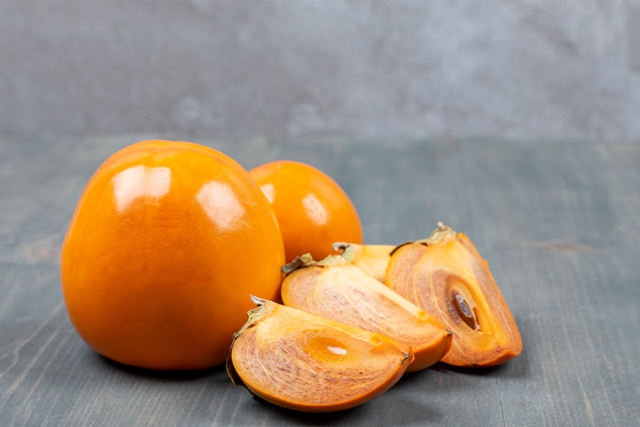
Therapeutic uses
It has been extensively used for several therapeutic purposes, like –
- It helps in weight reduction. Its fibre component is considered as the main component responsible for weight management. Fibre, present in persimmon is related with providing a feeling of stomach fullness, which ultimately hinders appetite and decreases over eating hence, supports weight reduction
- Its fibre content, tannic acid component and gallic acid component are responsible for decreasing the level of LDL, VLDL and triglyceride in body that ultimately lowers the risk of developing hypercholesterolemia
- It helps to promote cardiac health also. It plays vital role in preventing the formation of plaque due to fat deposition in blood vessels thus decreases the prevalence of blockage. Its flavonoid components are also accountable for protecting the heart from free radical induced oxidative damages, whereas its anti-inflammatory activity plays imperative role in delaying the progression of cardiac inflammatory events, which also reduces the risk of developing cardiovascular diseases
- Its potassium content helps in preventing hypertension
- It helps to promote hepatic health and functionality by preventing fatty infiltration of hepatic cells
- Its iron, folic acid and copper components are also accountable for decreasing the prevalence of anemia
- Its consumption is very effective for improving skin health as well. Its antioxidant activity helps to prevent ageing. It is also very useful for preventing dark spots. It helps to improve skin elasticity too. Moreover it helps to give the skin a younger look
- It also helps in decreasing blood sugar concentration and all the credit goes to its fibre content as it helps to decrease the absorption of glucose from intestinal epithelial cells. Flavonoid is another important component of persimmon that exerts anti-diabetic activity. Basically its flavonoid is responsible for inhibiting the formation of advanced glycation end products, which are linked to the onset of diabetes


Culinary uses
- It can be consumed on its own
- It can also be consumed with salad
- It can be well utilized for baking purposes like for preparing bread or muffins
- It can also be added with oatmeal or yogurt before consumption
- It can be used in the place of apple in pork dishes
- It can also be used for preparing desserts
- It can be used for preparing smoothie as well
Risk factors
Excessive consumption of persimmon may cause digestive issues and also increases the risk of hyperglycemia, thus it is better to consume persimmon in moderation.
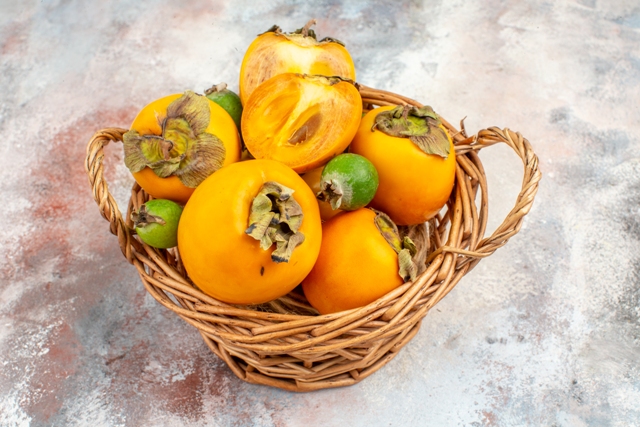
Source:
Domínguez Díaz, L., Dorta, E., Maher, S., Morales, P., Fernández-Ruiz, V., Cámara, M. and Sánchez-Mata, M.C., 2020. Potential Nutrition and Health Claims in Deastringed Persimmon Fruits (Diospyros kaki L.), Variety ‘Rojo Brillante’, PDO’Ribera del Xúquer’. Nutrients, 12(5), p.1397.
Giordani, E., Doumett, S., Nin, S. and Del Bubba, M., 2011. Selected primary and secondary metabolites in fresh persimmon (Diospyros kaki Thunb.): A review of analytical methods and current knowledge of fruit composition and health benefits. Food Research International, 44(7), pp.1752-1767.
Pachisia, J., 2020. Persimmon (Diospyros kaki): Apple of the Orient: A Review. Int. J. Health Sci. and Res, 10, pp.129-133.
Redpath, S. and George, A.P., 2008. Health and medicinal benefits of persimmon fruit: A review. Health and Medicinal Benefits of Persimmon Fruit, pp.1000-1006.
Yaqub, S., Farooq, U., Shafi, A., Akram, K., Murtaza, M.A., Kausar, T. and Siddique, F., 2016. Chemistry and functionality of bioactive compounds present in persimmon. Journal of Chemistry, 2016.
